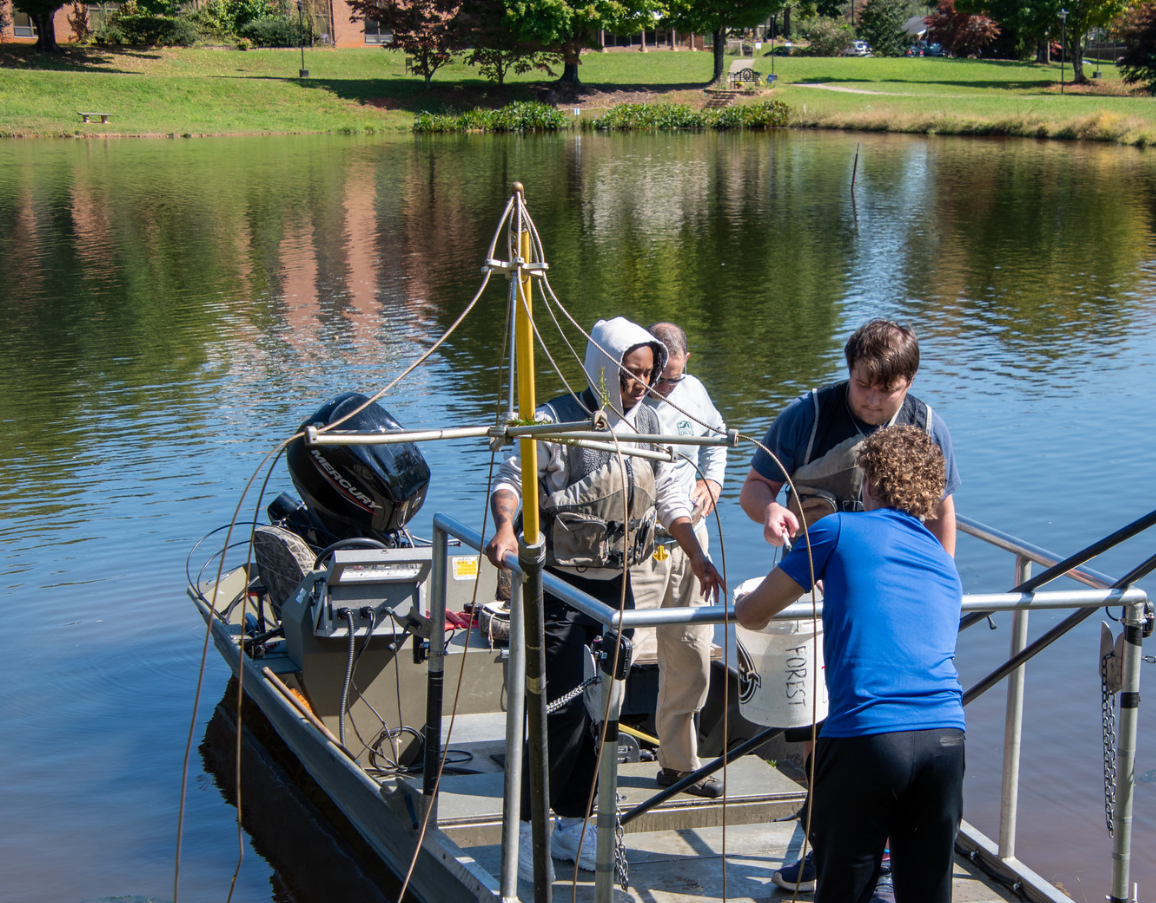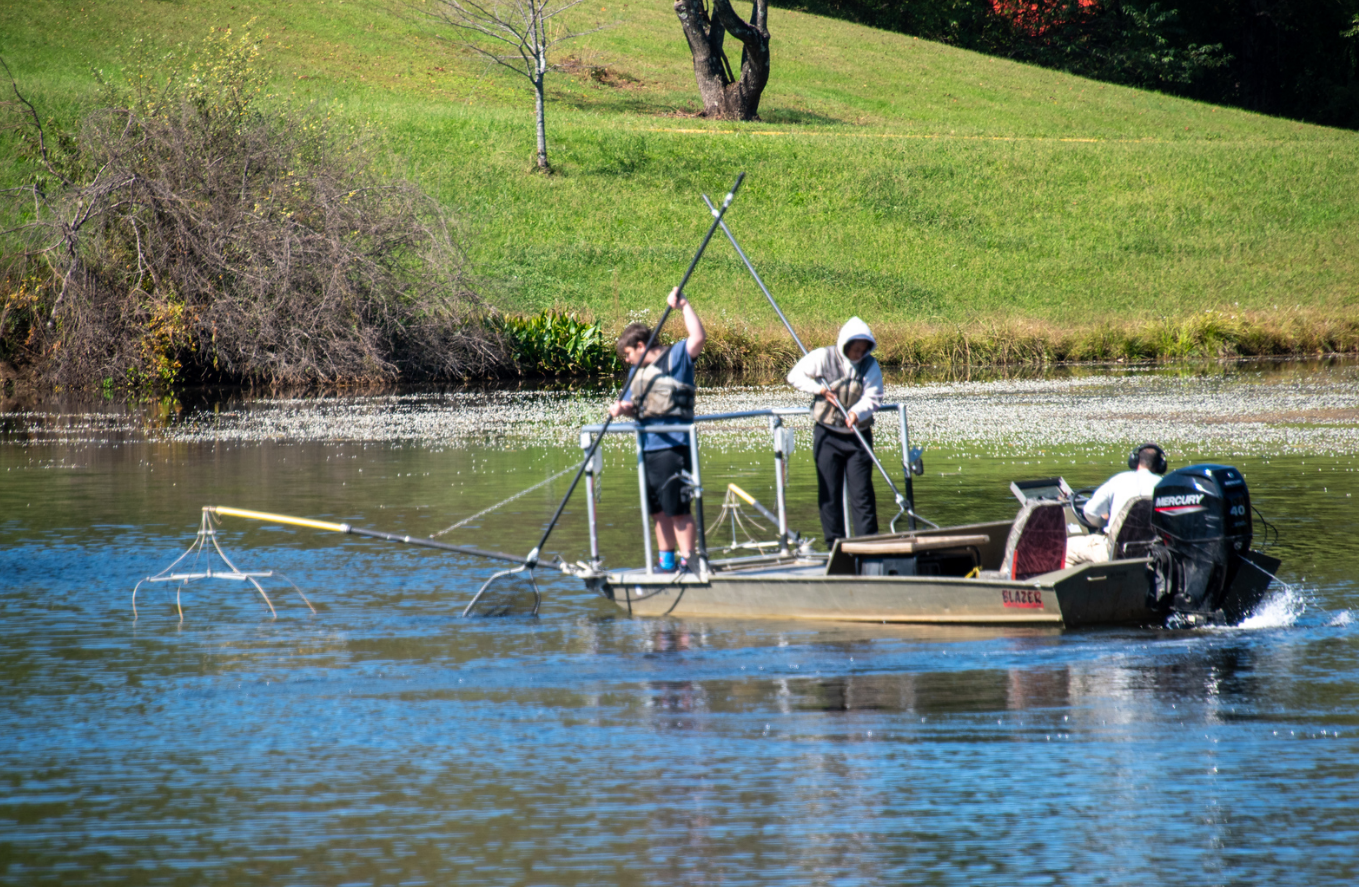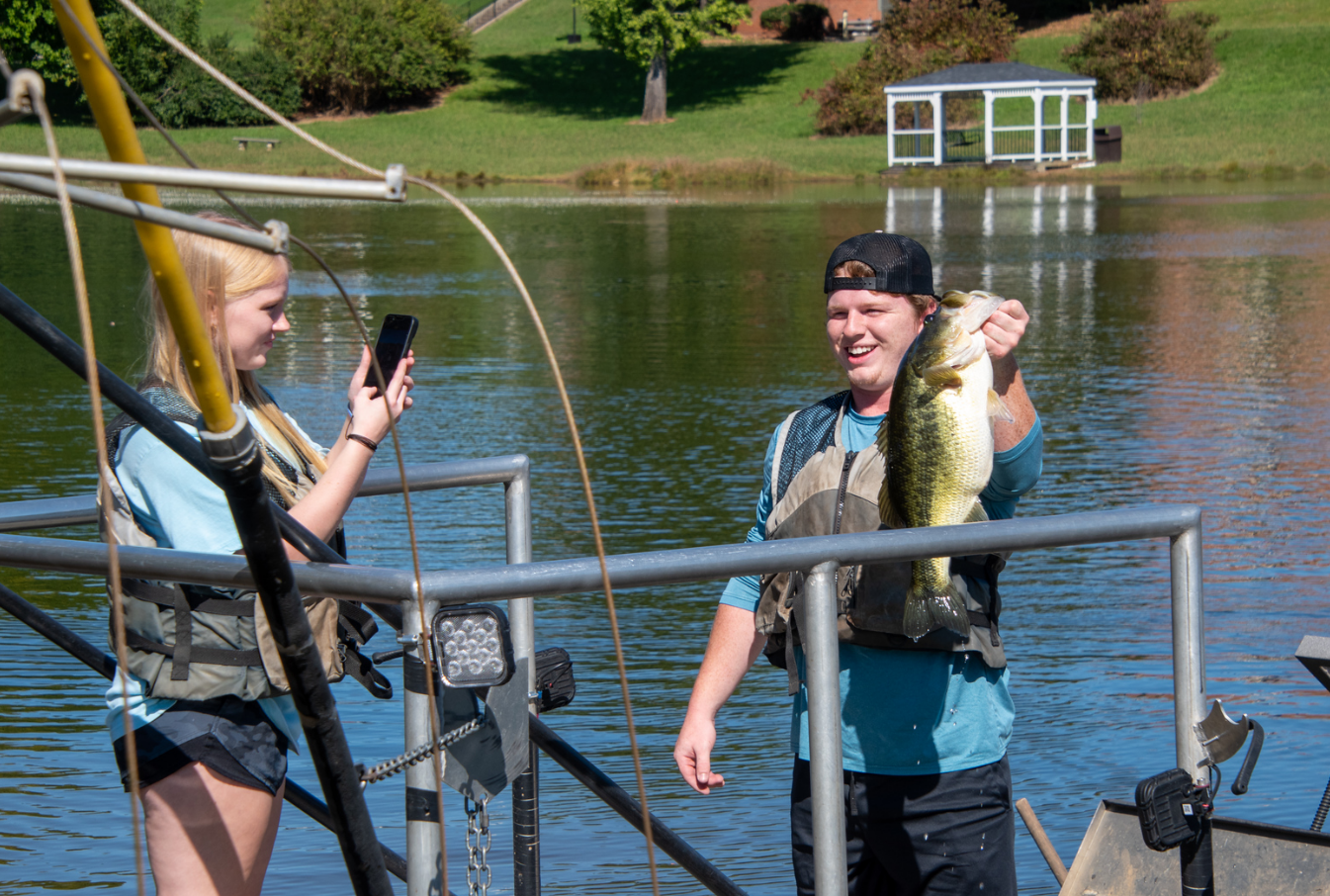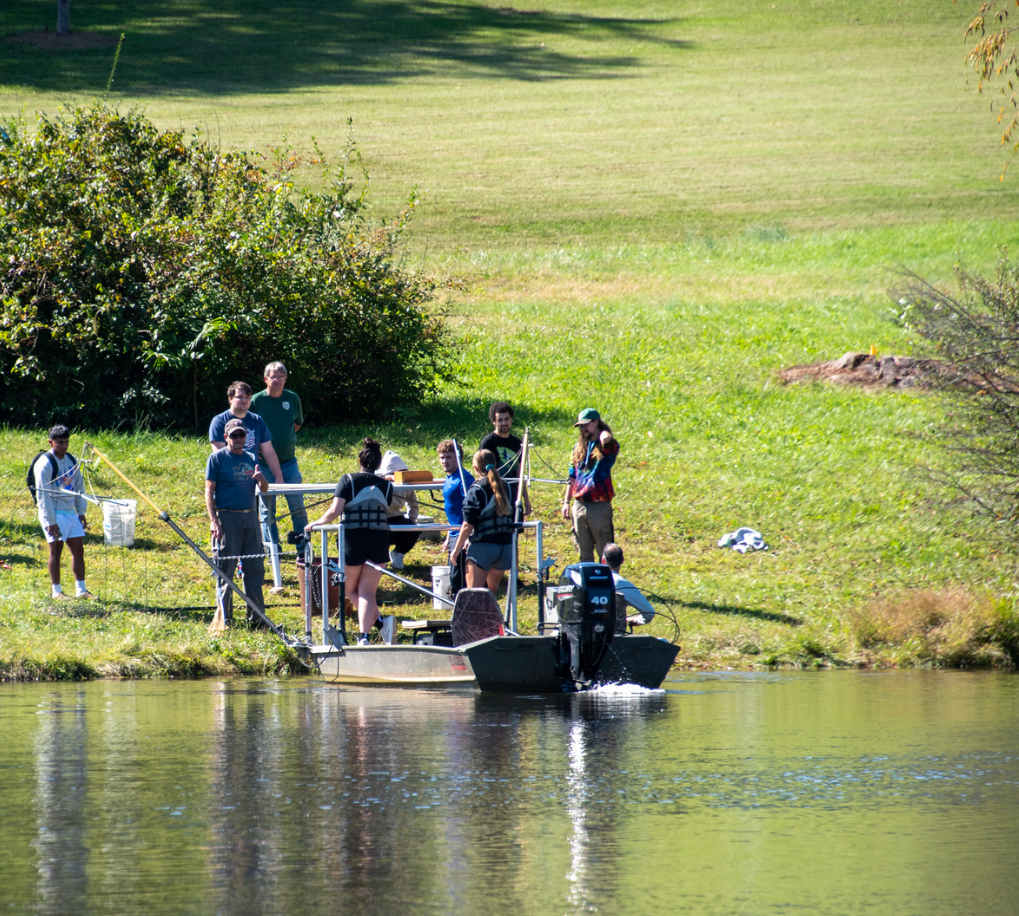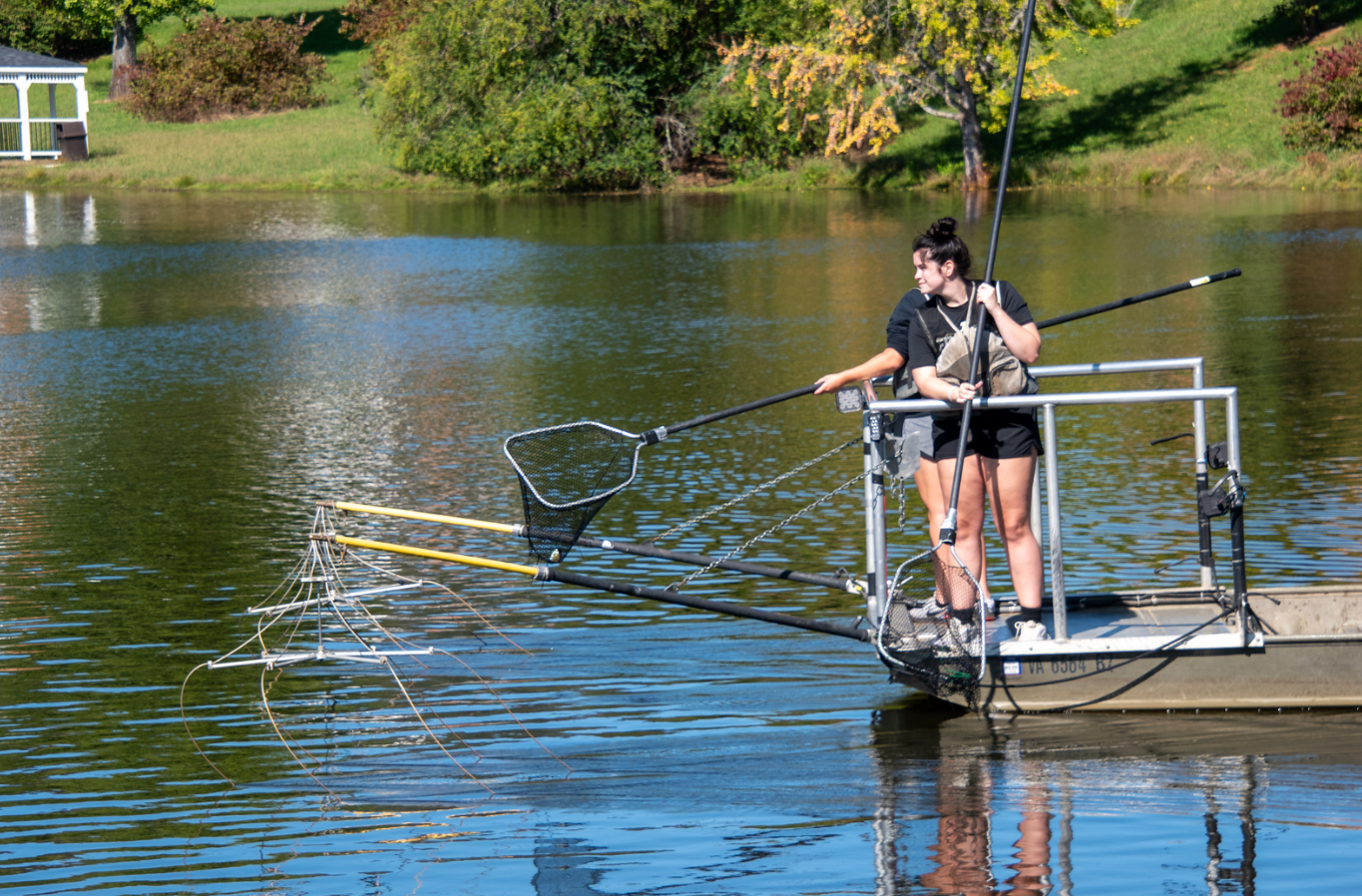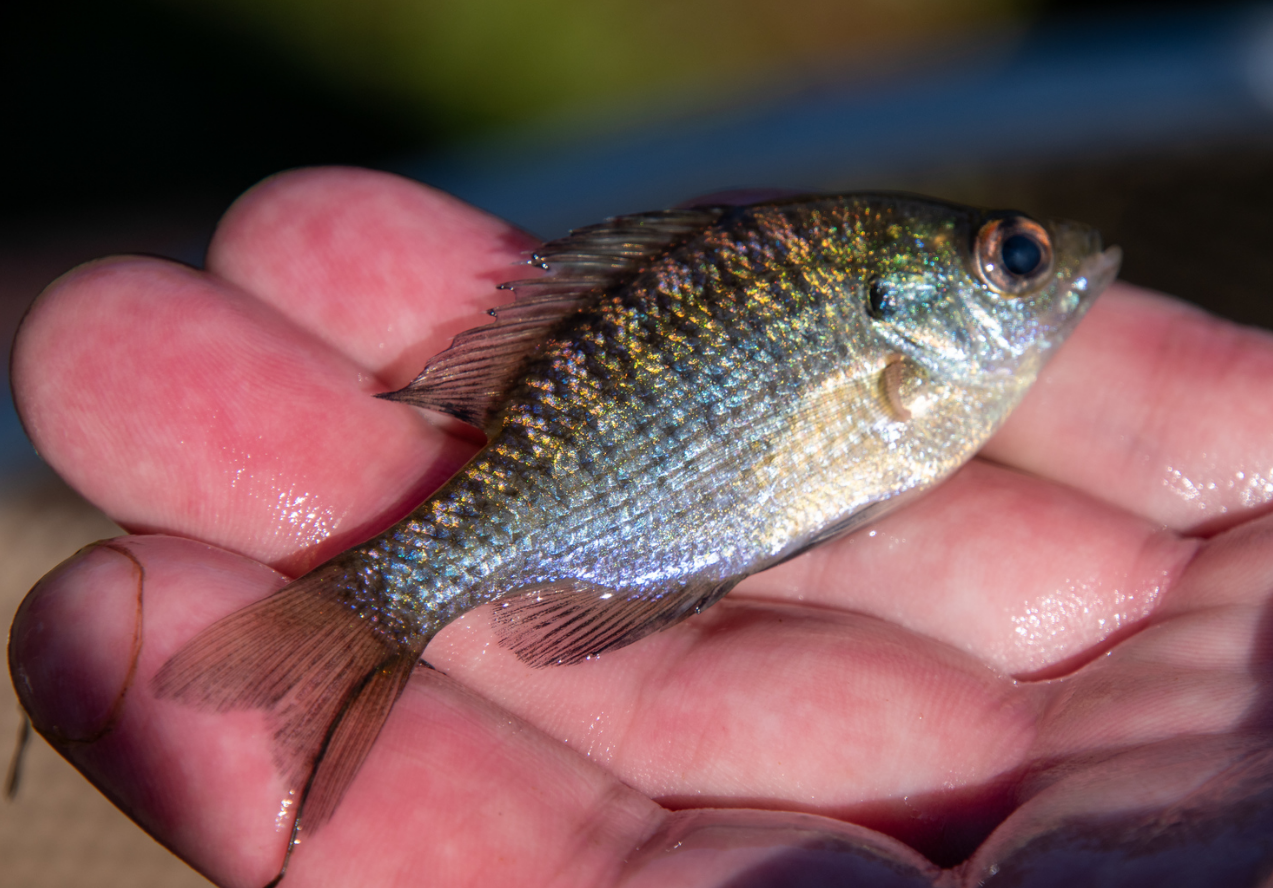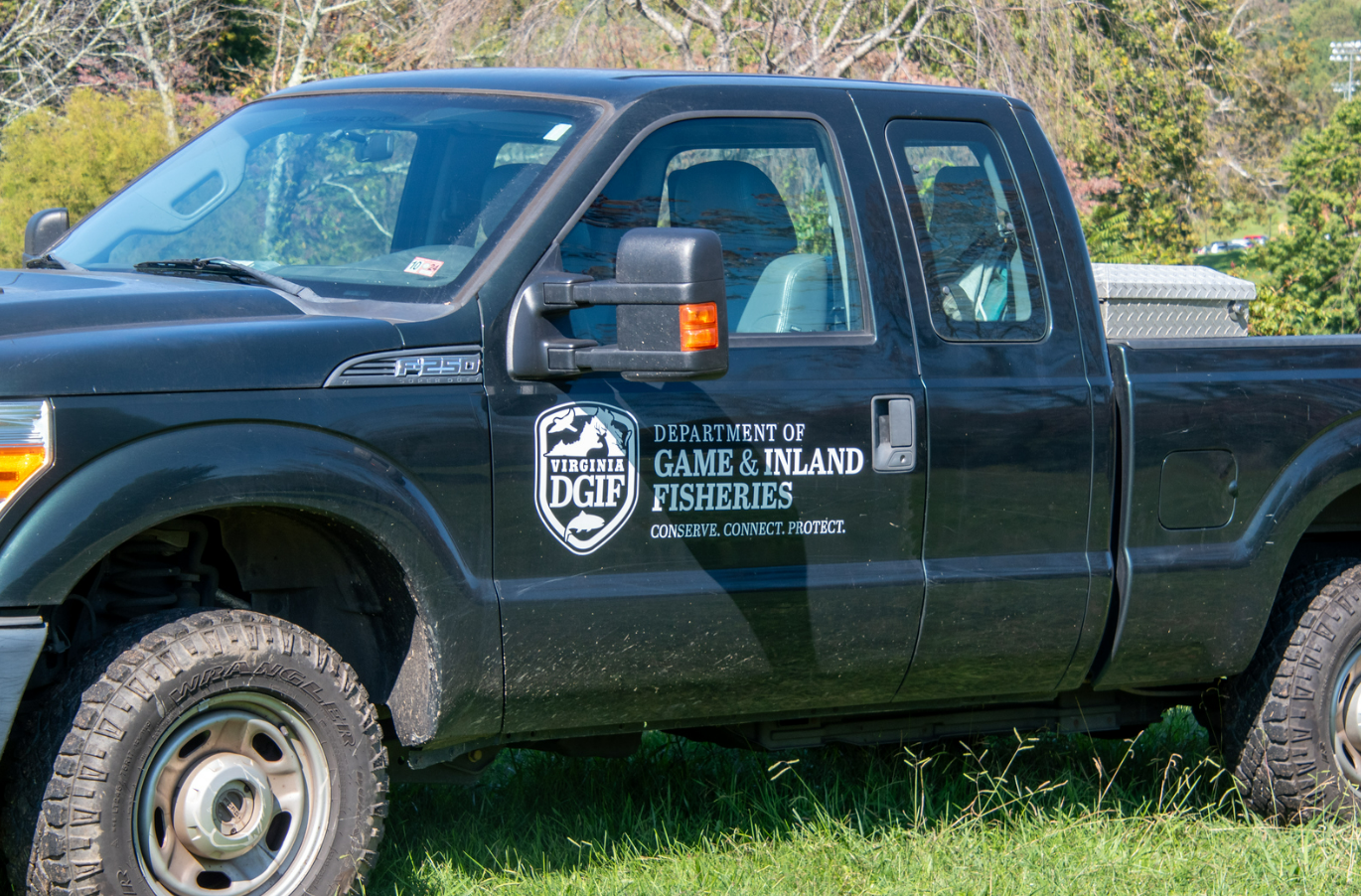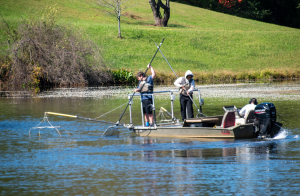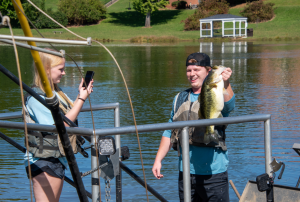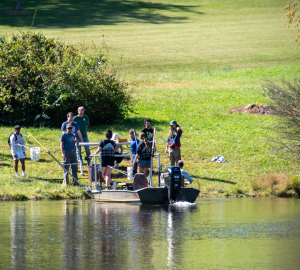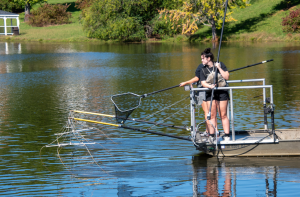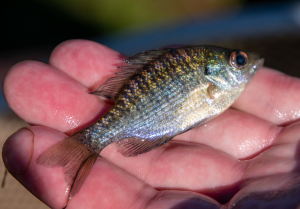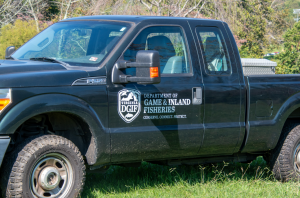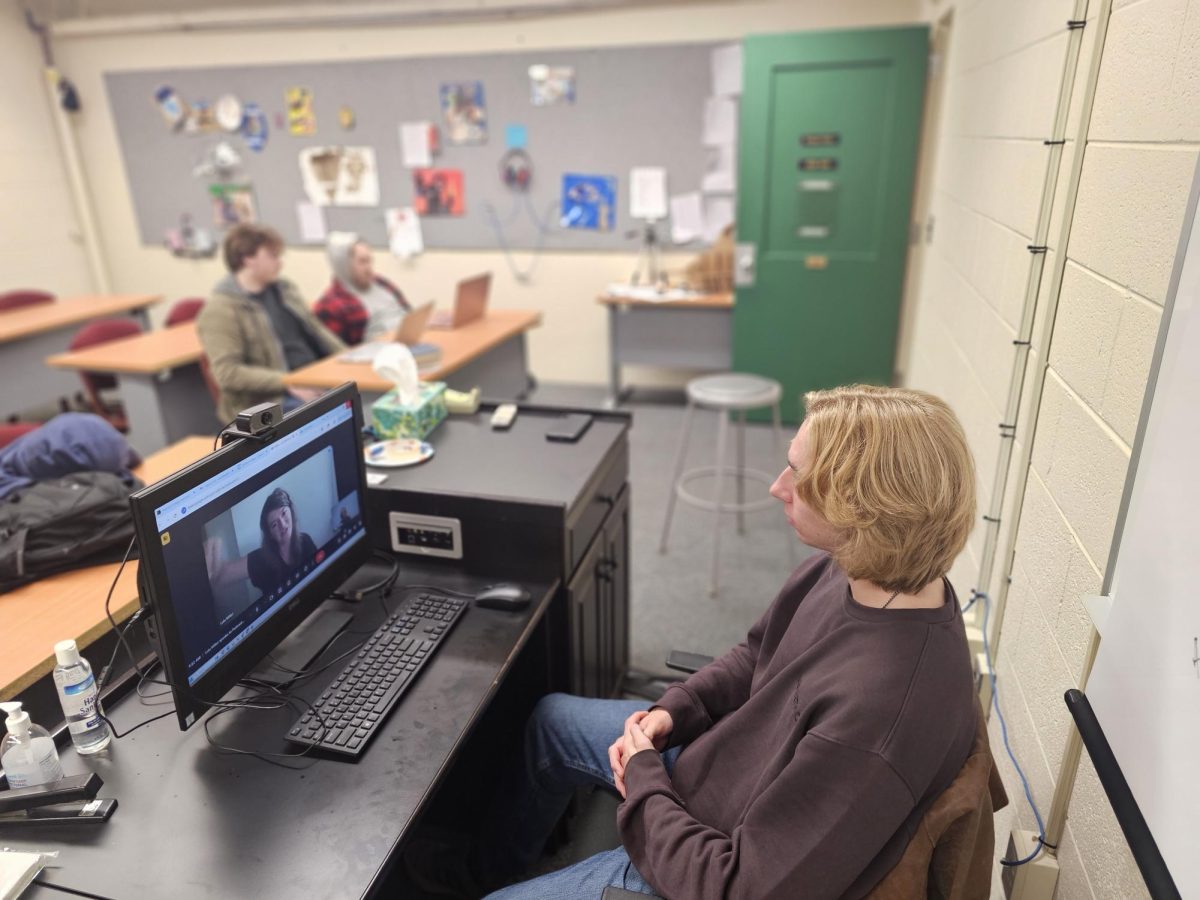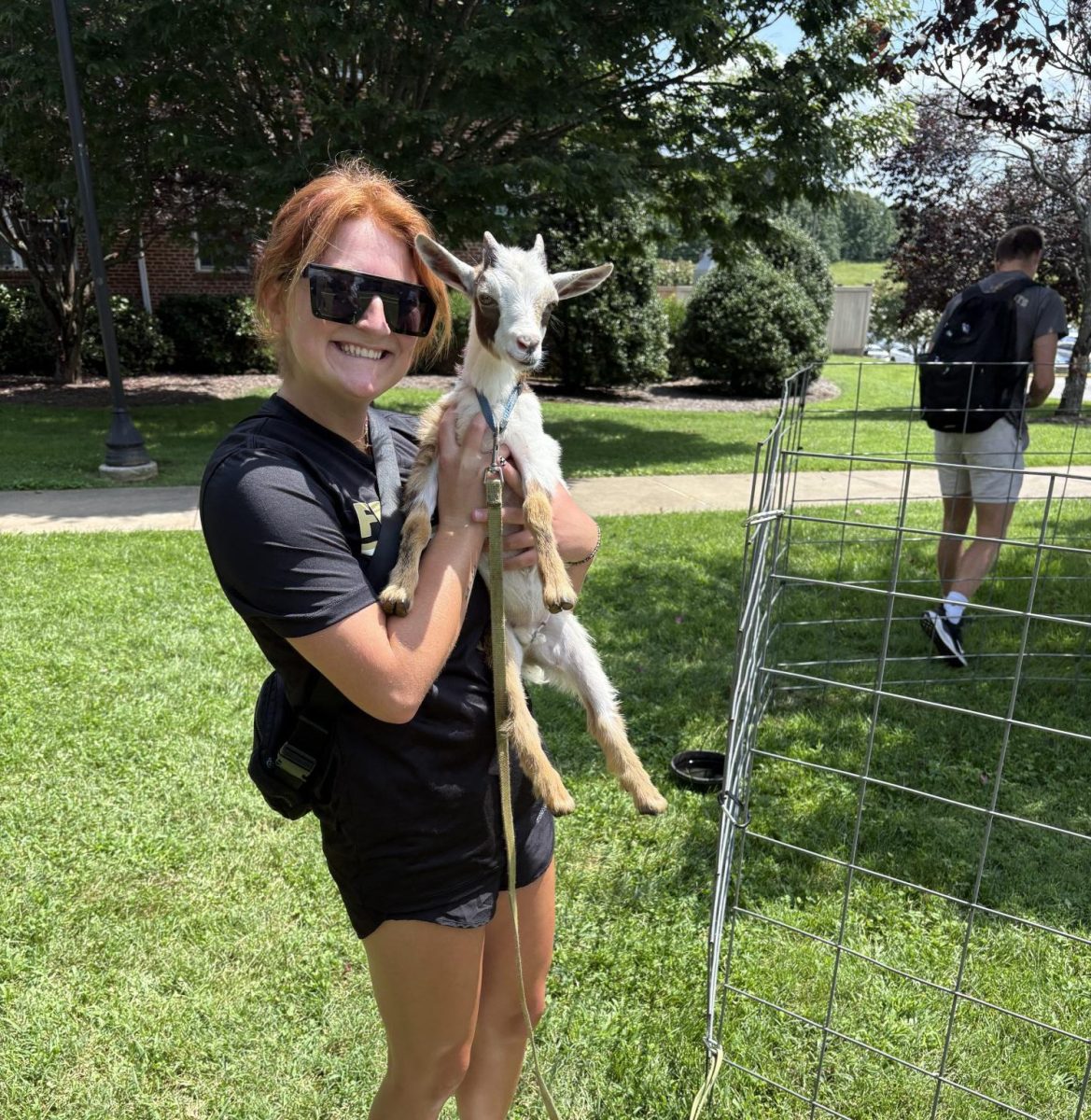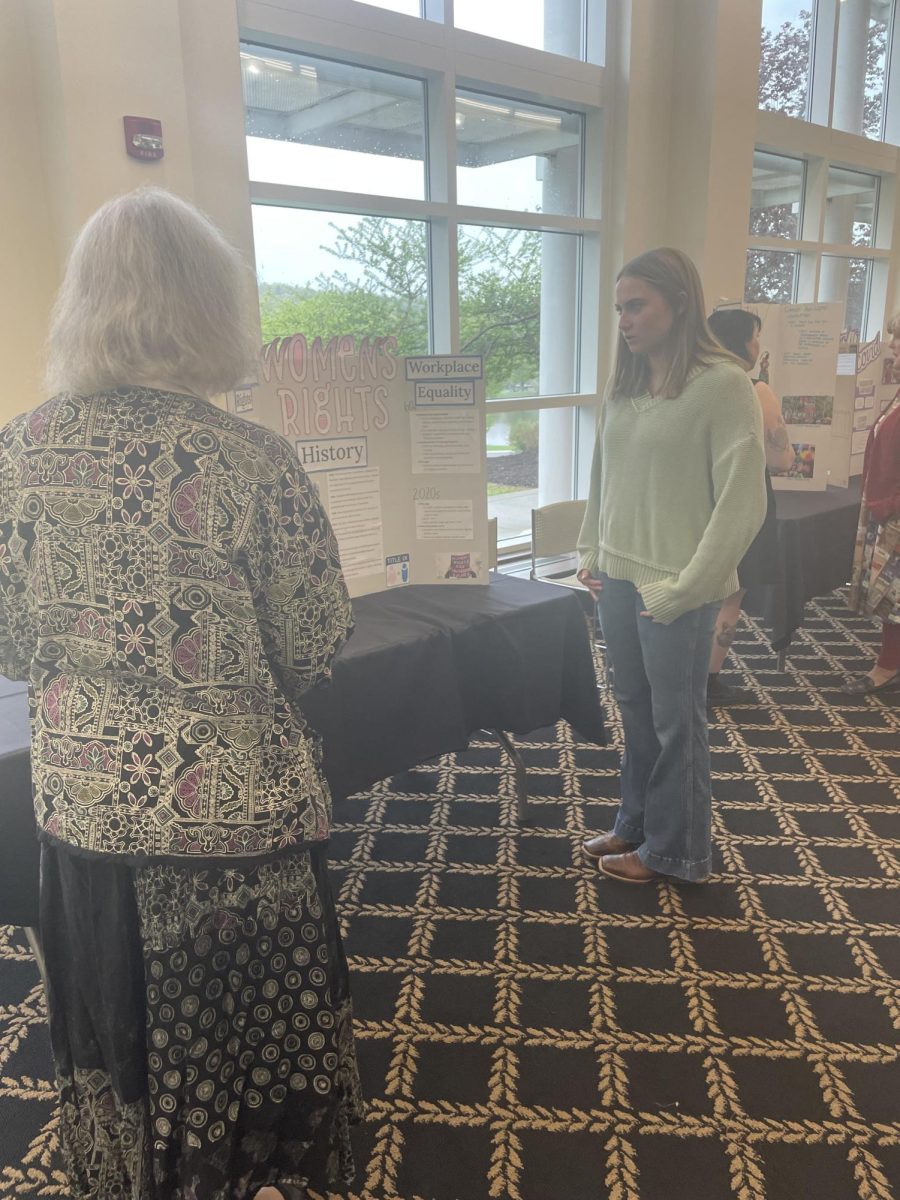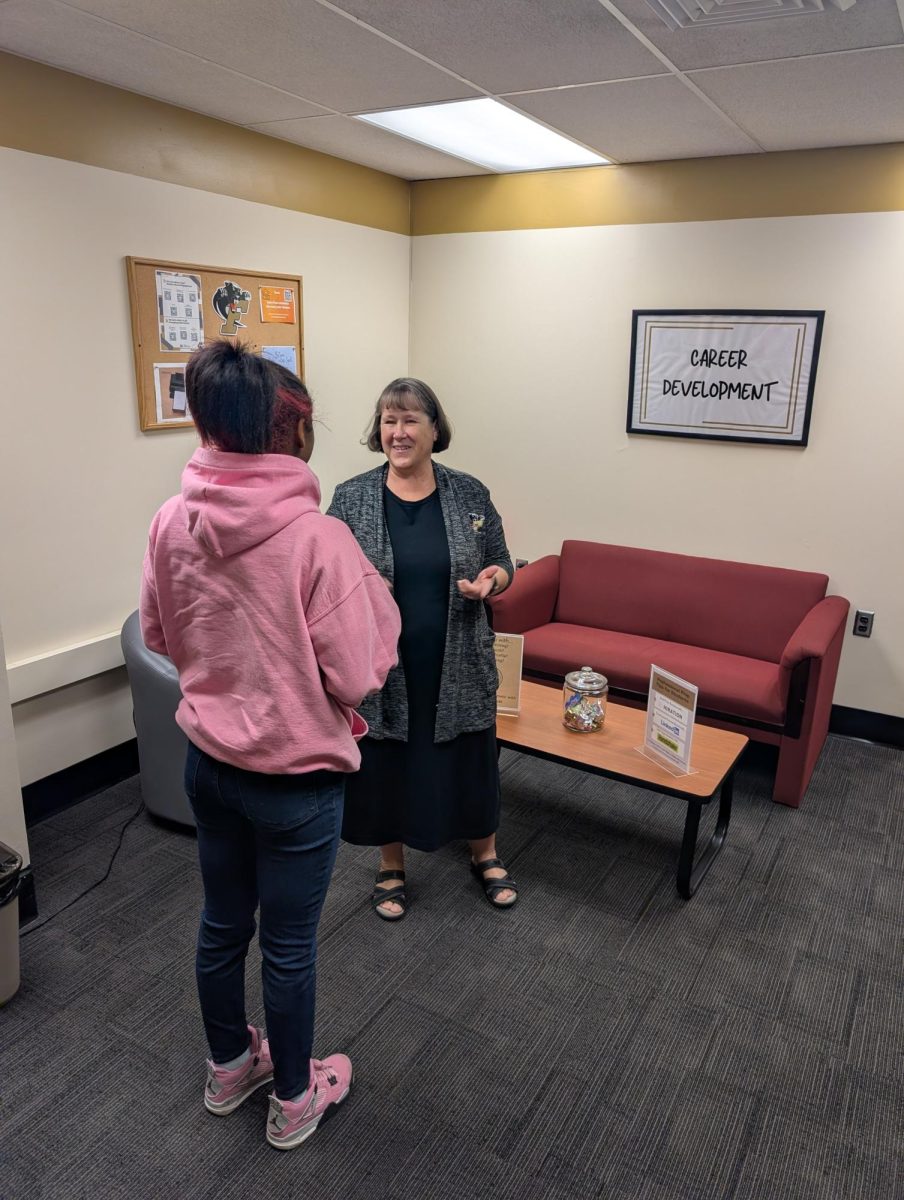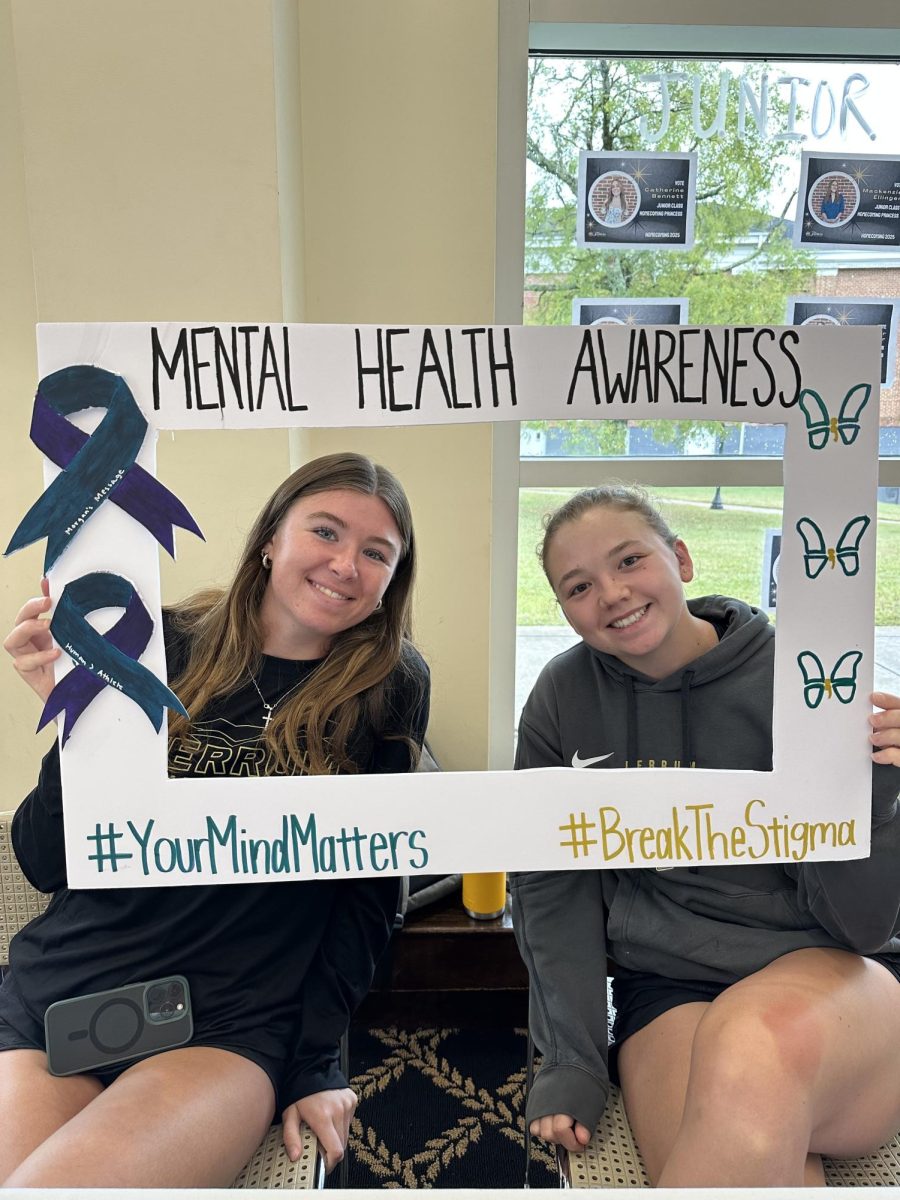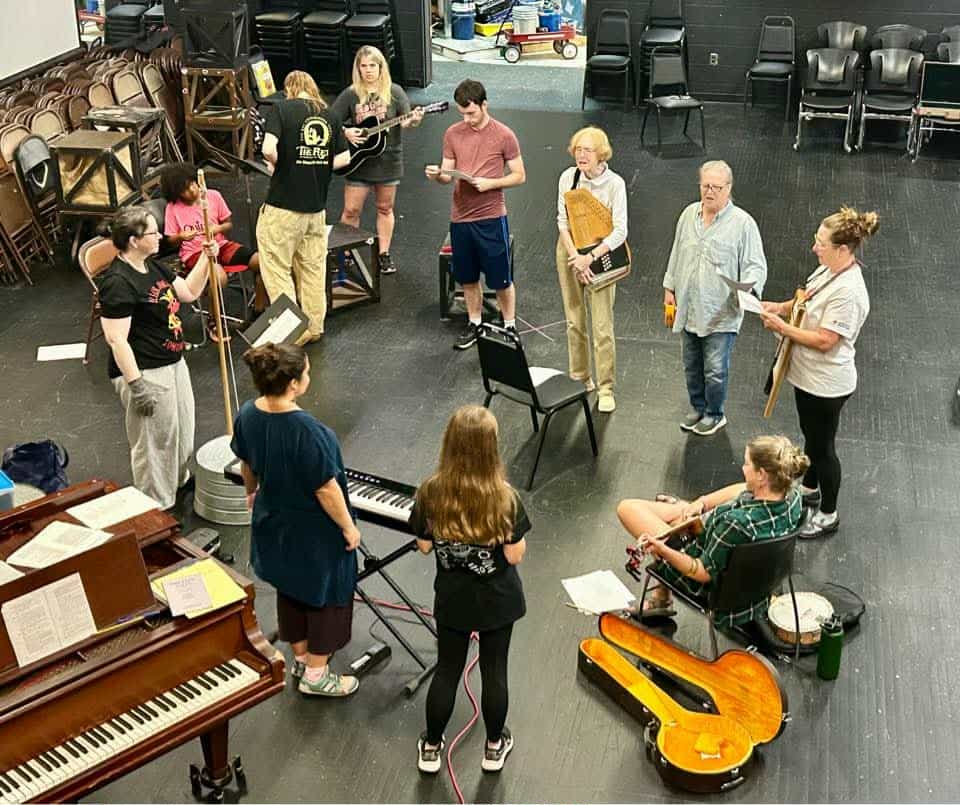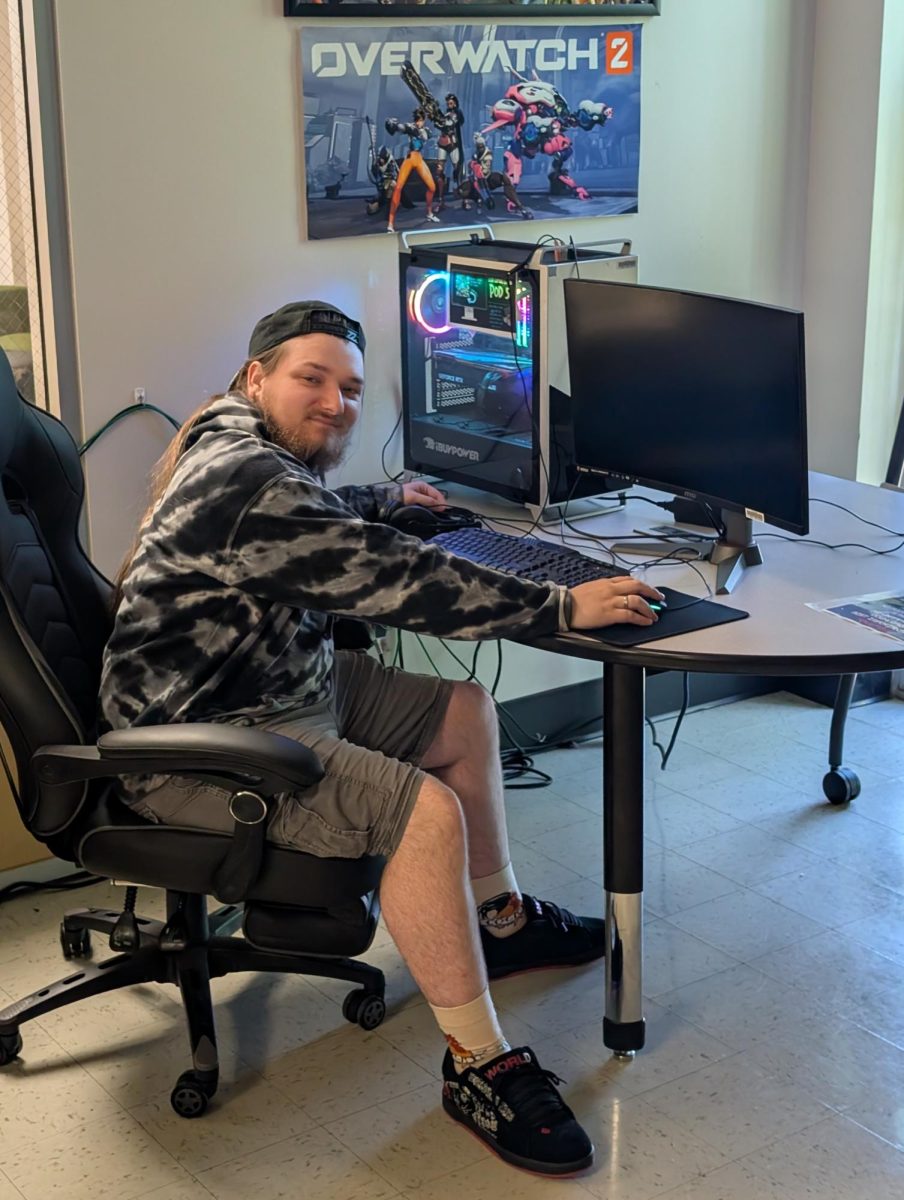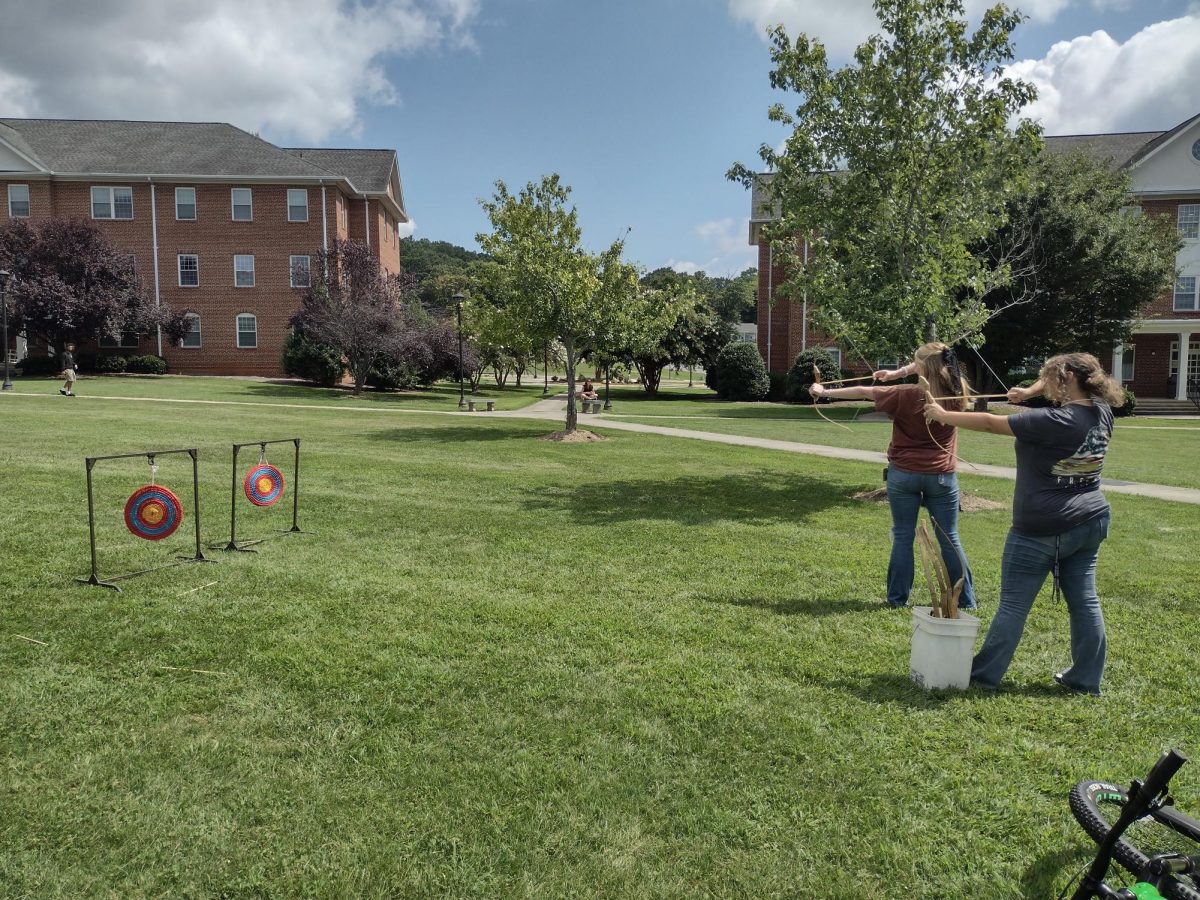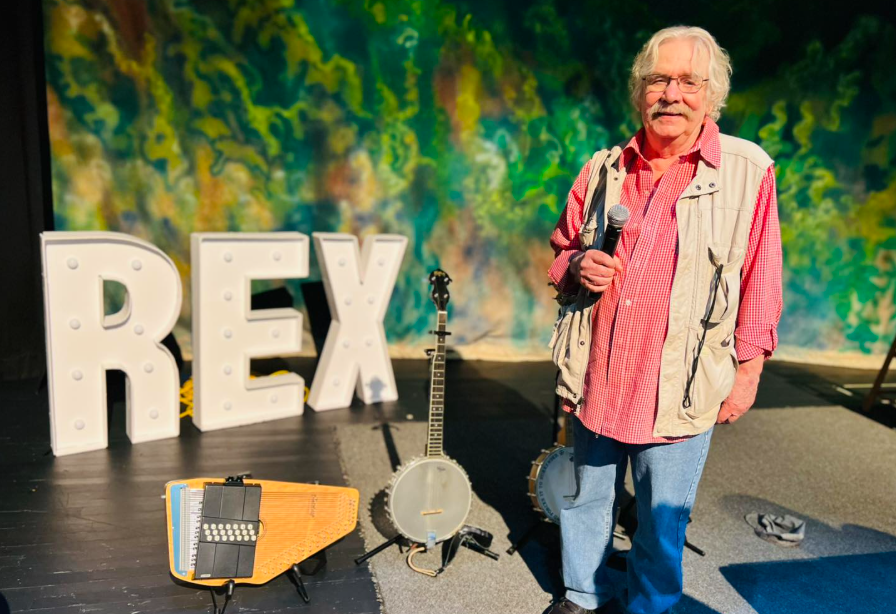Something on campus was a little fishy last week. There was something in the water.
What was it?
The fisheries and wildlife students conducted an electrofishing event in Adams Lake with the Virginia Department of Wildlife Resources to find out.
This event has occurred every two years since 2006 and grants students experience with an important sampling tool and accessing the status of fish populations, according to Forestry and Wildlife Professor Todd Fredericksen, who is hooked on the topic.
Alongside the DWR, Fredericksen led the group in electrofishing–a method in which the concept blows even the fish out of the water.
“Fish are stunned, but rarely killed using this technique,” explained Frederickson.
Senior Jason Plunk, a nontraditional student who is a Marine Corps Veteran and currently works as a park ranger with the Army Corps of Engineers at Philpott Lake, found that electrofishing really reeled in his interest. Except, there was no rod, only nets.
“Electrofishing is efficient, effective and humane way to gather samples to monitor the health of fish in a body of water,” Plunk stated. “The process allows biology scientists to collect samples without causing physical harm to them.”
For this group, fish are friends, not food.
Another student, Dillon Hobbs, senior, noted how the stunned fish floated to the top of the water where they could be netted, examined, and still returned into their natural habitat.
Once the fish were released, and the data was organized, the results were made o-fish-al.
As offered by Fredericksen, these results serve both the students and the campus alike–allowing the college to make any necessary changes to the pond.
“One recommendation from the DWR biologist is to stock some grass carp to reduce the amount of hydrilla and other plants from taking over the pond which could possibly result in a fish kill,” he said.
Carp-e diem–except, seize the lake!
Hobbs also spoke of the high fish population found in the lake.
“We have a very stunned fish population,” he described, “meaning that there are too many fish in the pond, causing the fish present in the pond to not grow well.”
However, for the students involved, nothing was as stunning as the varying learning experiences that electrofishing reeled in. For example, Hobbs mentioned his newfound skill–aging fish.
“Fish have otoliths, or ear stones, that can be used to age the fish,” he said. “These bones, when looked at under a microscope, have rings that are able to tell you how old a fish is, much like the rings of a tree.”
Plunk agreed with Hobbs’ fascination. He was also hooked on the joy that the electrofishing event brought him.
“I have a great appreciation for wildlife and being in nature, especially being out on the water!” he exclaimed.


